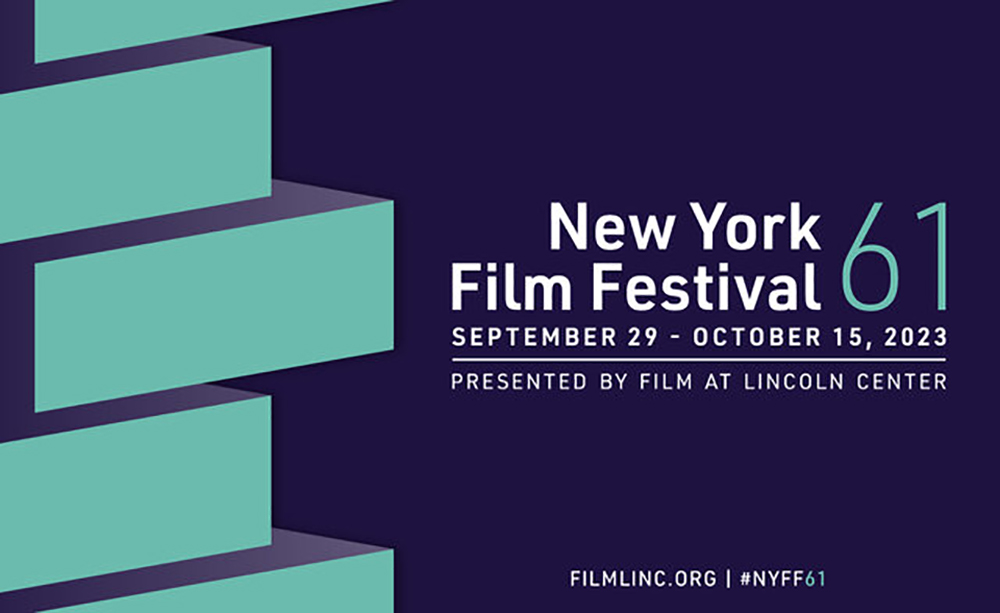Now in its 61st year, the New York Film Festival is set to hit New York this fall, from September 29 – October 15th. The stage is Lincoln Center—which, if you’ve followed us through the past year, has been a favorite haunt of The Movie Buff film critic Kevin Parks.
NYFF’s Main Slate has been getting a fair number of attention, and there will be no dearth in Main Slate coverage from us this year. But the other slates (Currents, Spotlight, and Revivals) offer nothing if not a plethora of diverse selections. Additionally, as mentioned by Deadline, the NYFF will offer screenings in all five boroughs, including: Alamo Drafthouse Cinema (Staten Island), BAM (Brooklyn Academy of Music, Brooklyn), the Bronx Museum of the Arts (Bronx), Maysles Documentary Center in Harlem, and the Museum of the Moving Image (Queens).
As we prepare for the festival, writers Hector Gonzalez and Kevin Parks list their 5 most anticipated films of the festival each, 10 total, as a general survey of the festival. We expect this year will be a banner year full of great take-a-ways.
Tickets and more information can be gathered by visiting NYFF61. We’re looking forward to seeing other critics’ reviews during the festival, and anticipated the talent brought to the table by everyone involved.
*Hector Gonzalez’ selections follow:
‘The Beast’ (Dir. by Bertrand Bonello)
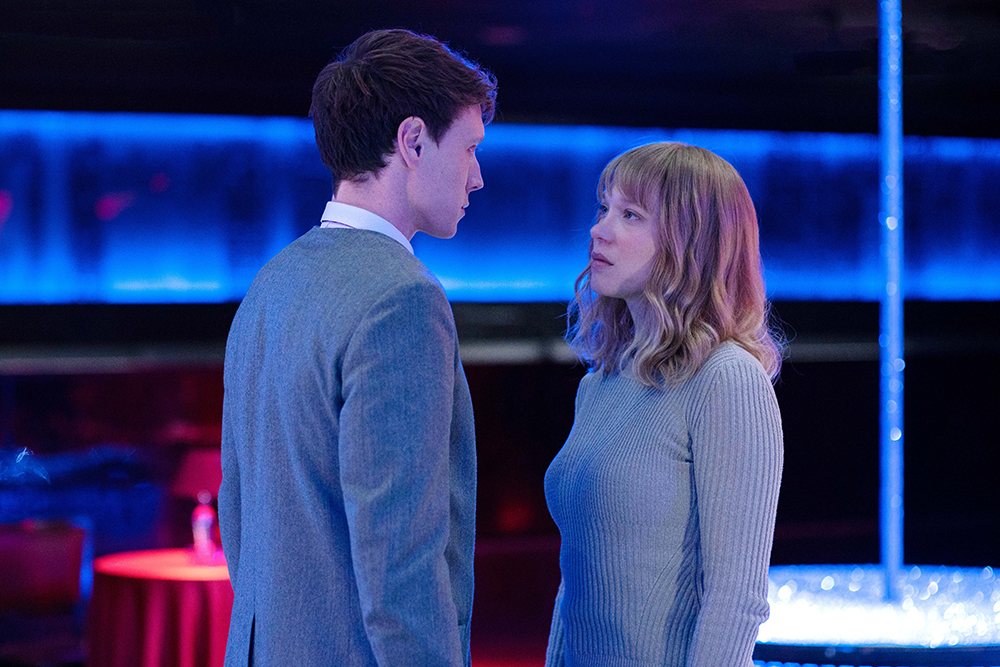
Even though he began his career on a quite pretentious and self-indulgent foot with films like “The Pornographer” and “House of Tolerance,” French filmmaker Bertrand Bonello has churned out a compelling filmography as of late. What I admire about him is that he never wants to make the same film or showcase some of his tricks twice—tonally, stylistically, and narrative-wise. And with this evolution of his directorial panache and vision, which is richer and far more engaging than his work previous to “Nocturama” back in 2016, it makes Bonello look like he’s on his way to becoming one of the most creative and fascinating voices to follow in French cinema.
Now, Bonello is again playing with genres he has never dealt with before in science fiction while adding romance and dramatic sensibilities. Titled “The Beast,” Bonello strips apart (and coincidentally forges back again) the emotional tangibility of his characters to create an odd yet intriguing experience that’s carried by the director’s ambitiousness—similar to when the Wachowskis made “Cloud Atlas,” although without the multi-million-dollar scale and canvas—and the leading duo of George MacKay and Léa Seydoux.
‘La Chimera’ (Dir. by Alice Rohrwacher)
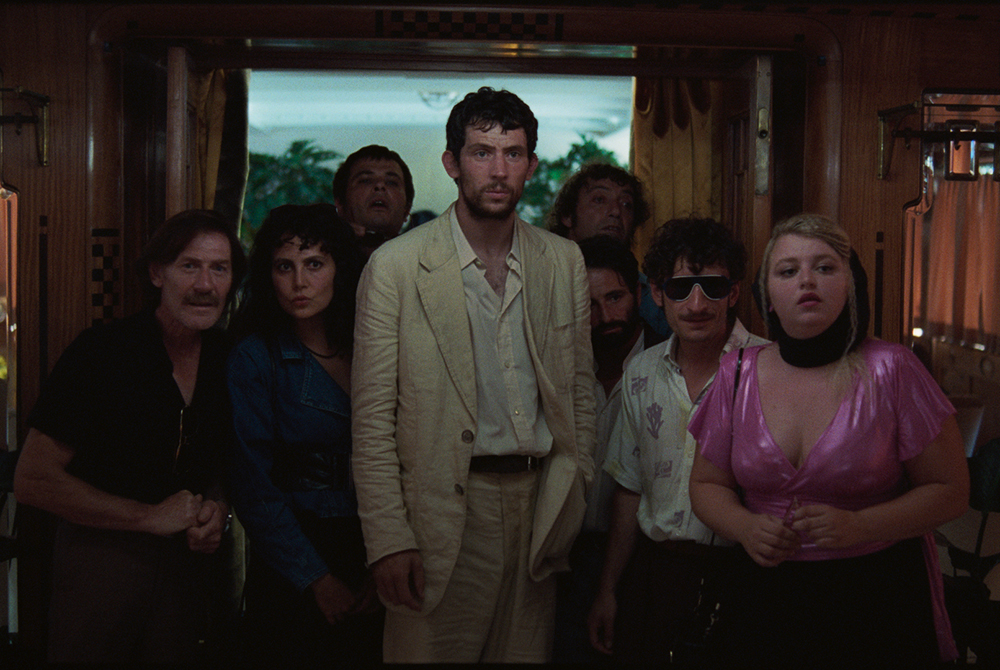
Alice Rohrwacher is a fascinating filmmaker—and one of the best Italian directors of the modern era (at least in my opinion). It seems that she approaches each of her films with grace and liveliness that transcends from the screen to the environment in which you are watching it. Her cinema has some sad notes to it. But, in equal measures, some sparks of joy and effervescent emotion lift the viewer—brightening their hearts with a bursting fire of bliss. People started to know about her with “Happy As Lazzaro,” yet the work she did beforehand is similar. She doesn’t seem to skip a beat, and her latest appears fitting enough to continue her streak of beautiful pieces with heartful textures and poetic imagery. With a stacked cast and crew, “La Chimera” is bound to be one of the most exciting films at this year’s NYFF.
‘Close Your Eyes’ (Dir. by Víctor Erice)
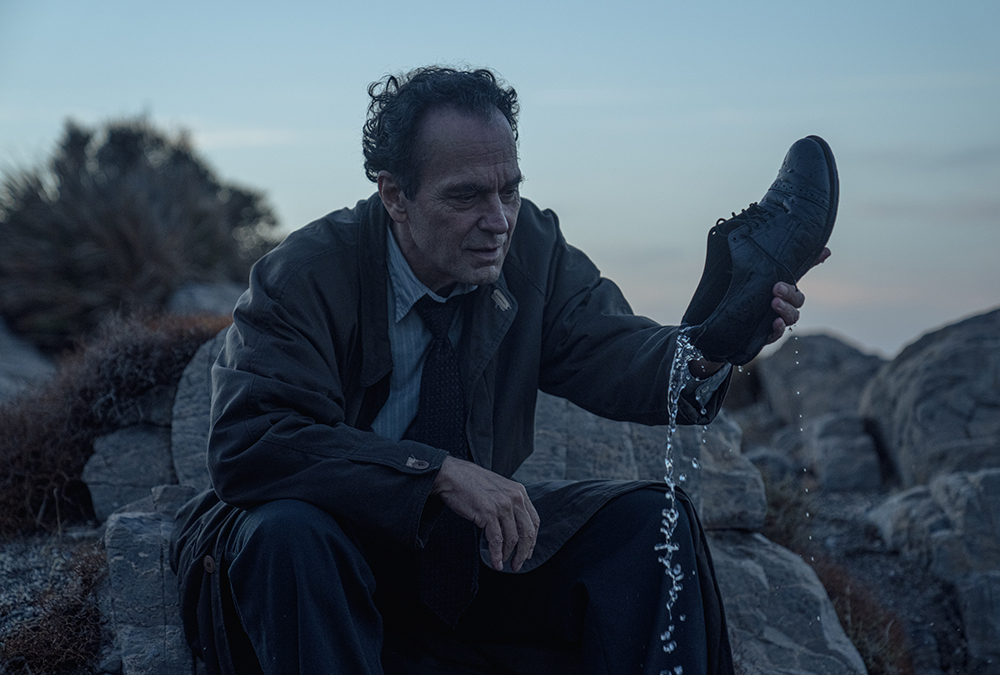
Victor Erice is a legend in Spanish cinema, known for creating reflective and personal works about life in Spain as time passed. He started as an essayist and film writer, later transitioning into the filmmaker role with his remarkable debut, “The Spirit of the Beehive” (one of the best coming-of-age films ever). Like another director in this list of films, he doesn’t make many films—always taking time with his projects and not jumping the gun on something if it doesn’t seem fitting. It has been more than a decade since Erice brought us another picture. And now he’s finally back with “Close Your Eyes,” a drama mystery picture that has the power to stay with you for a lengthy period of time. Will this one be the grand return of the Karrantza legend? I sure hope so!
‘Fallen Leaves’ (Dir. by Aki Kaurismäki)
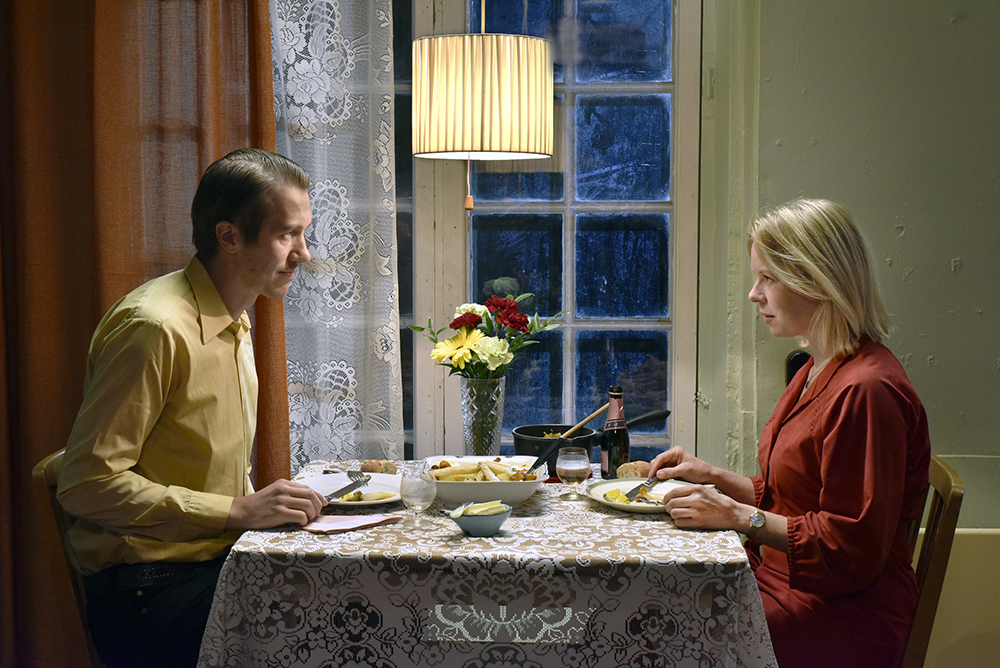
Aki Kaurismäki is more than an exceptional filmmaker; he is the curator of some of the most humility-filled and charming pictures released in the past couple of decades, with films like “Drifting Clouds” (1996), “Le Havre” (2011), and “The Other Side of Hope” (2017). There’s just a unique and lovely feeling that comes with watching one of his films, even if most of his films are somewhat similar to one another. While other directors may want to avoid doing a similar project to the one that came before or the movies that initiated their career, Kaurismäki doesn’t mind.
He continues to make his minimalist yet effective drama comedies drenched in equal amounts of melancholy and glee, all containing similar settings and color palettes. And I haven’t seen one of his works that doesn’t end up working on all levels, always remaining effortlessly engaging and satisfying. His latest one, “Fallen Leaves,” is dubbed as a late addition to the director’s Proletariat Trilogy, a small series of films (“Shadows in Paradise,” “Ariel,” “The Match Factory Girl”) made throughout a four-year span from 1986 to 1990—which told touching stories about working-class castaways. While all of these films share a similarity in their plotting and humanistic aura with one another, there’s still plenty to admire within their simplicity.
‘The Zone of Interest’ (Dir. by Jonathan Glazer)
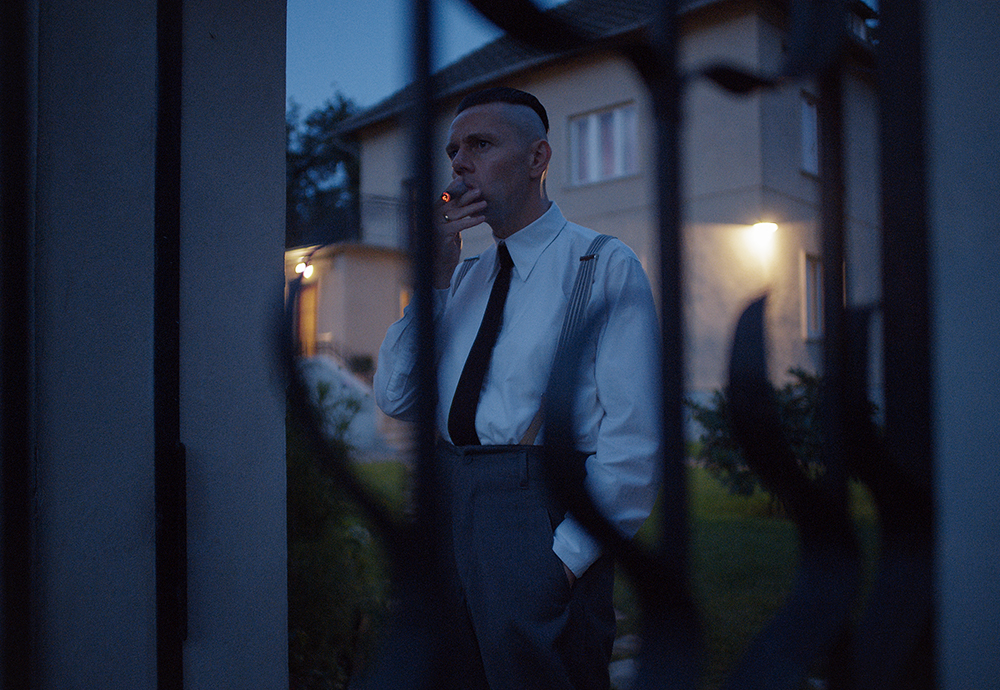
Throughout his decade-spanning career, Jonathan Glazer has become one of our times’ most visionary and unique filmmakers. He may not deliver films consistently, often taking plenty of years in between pictures. But when Glazer arrives with something, you better know it will be rich in texture and fruitful in its thematic exercises. The English filmmaker isn’t interested in doing what everyone is doing or pictures containing prevalent themes. Instead, he’s on his calm path, curating a filmography nobody can quickly deconstruct. You must have time and patience to see the multi-faceted and dual-sided layers he brings to his unique and piercing pieces.
Ten years after his masterful 2013 film “Under the Skin,” Jonathan Glazer is finally back with another picture. This time, he’s adapting Martin Amis’ acclaimed novel, “The Zone of Interest.” Since its premiere at Cannes Film Festival, people have said it is a masterpiece or a grand film in an auteur’s magnificent oeuvre—demonstrating banality and evil through a different landscape, unlike every other war film we have seen. If that isn’t enough to entice a cinephile, I don’t know what will.
*Kevin Parks’ selections follow:
‘Ferrari’ (Dir. by Michael Mann)
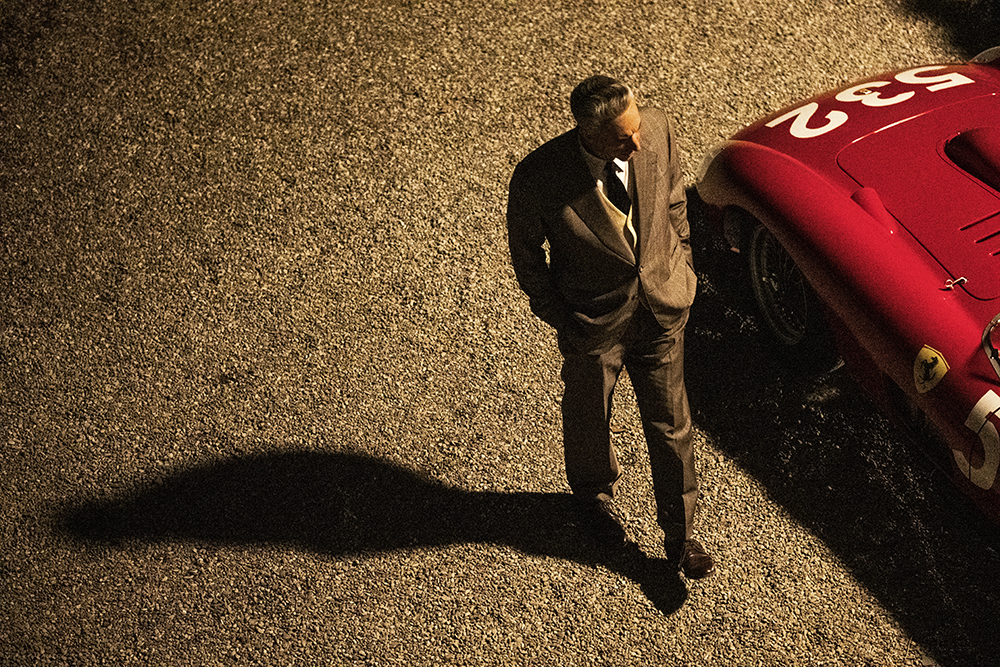
The festival closes with Michael Mann’s long-simmering passion project, which tracks the mercurial Enzo Ferrari (Adam Driver) during a period of emotional tumult. With his marriage to Laura (Penelope Cruz) faltering, Ferrari juggles family conflict—including the tragic death of their young son—and mounting pressures to prepare for the infamous Mille Miglia, a thousand-mile race across Italy. If the juggernaut pairing of Driver and Cruz isn’t enough to build anticipation, the legendary stylist Mann (“Heat,” “Thief”)—so deft at blending arthouse intimacy with suspenseful action, like a mash-up of Melville, Antonioni and Joel Schumacher—promises to subvert customary biopic expectations.
‘Janet Planet’ (Dir. by Annie Baker)
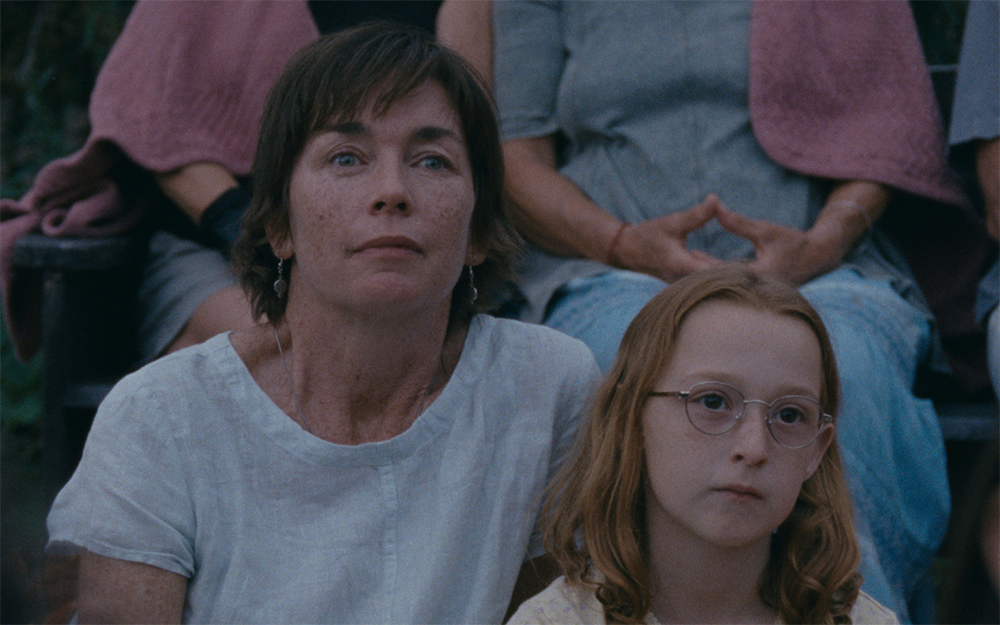
Pulitzer Prize-winning playwright Annie Baker (“The Flick”) makes her directorial debut in this A24 release, set over the course of a summer in 1991 Western Massachusetts. In The New Yorker’s review of Baker’s latest play “Infinite Life,” Helen Shaw wrote that “scholars have written dissertations on Baker’s silences,” so it will be fascinating to see how Baker’s keen eye for human folly transfers from stage to screen. Expect plenty of tension via what’s said or unsaid between mother—acupuncturist Janet (Julianne Nicholson) and her sixth-grade daughter Lacy (Zoe Ziegler).
‘Maestro’ (Dir. by Bradley Cooper)

In 1962, Leonard Bernstein conducted the opening concert at Lincoln Center for the Performing Arts, completing New York Philharmonic’s move from Carnegie Hall. So it’s not too on the nose that “Maestro” will make its North American premier on the Film at Lincoln Center big screen. In his second feature as a director, Bradley Cooper (“A Star is Born”) profiles Bernstein from the courtship of his wife Felicia (Carey Mulligan) through his artistic triumphs and long-standing, high-profile affairs with men and women.
‘Perfect Days’ (Dir. by Wim Wenders)
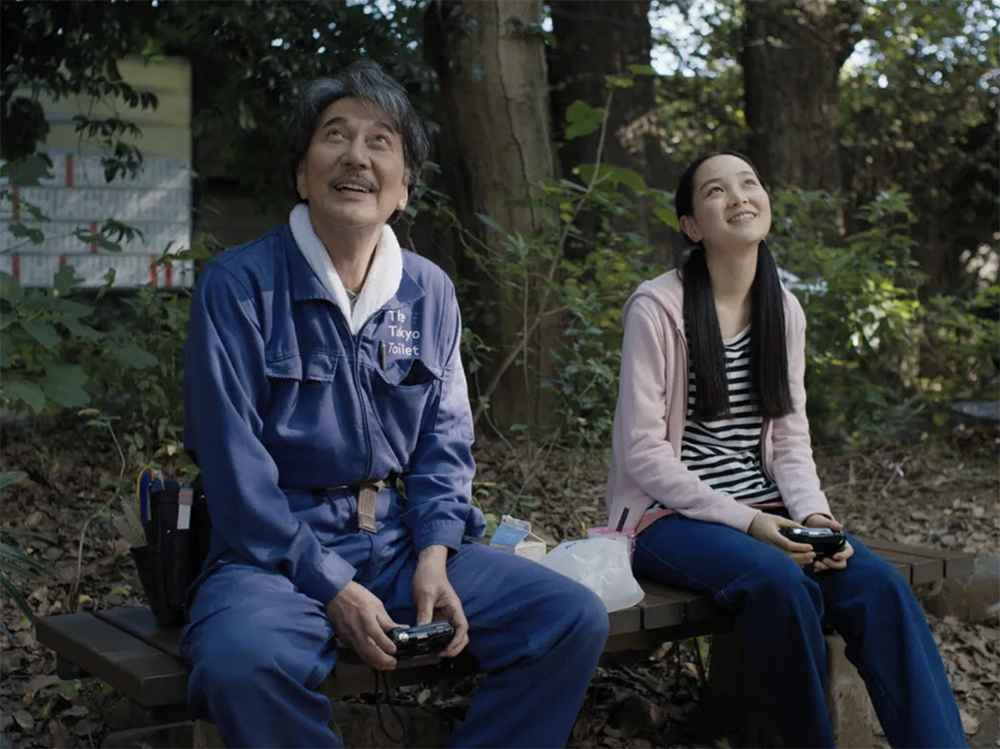
Road movie maestro Wim Wenders (“Paris,” “Texas”) has 85 directing credits to his name, and this is his first fiction feature in six years. Rather than widening the expanse like so many of Wenders’ triumphs, he channels filmmaking hero Yasujiro Ozu in zooming closer, holding the camera still on the inner life and fixed daily routines of Hirayama (Koji Yakusho), a Tokyo toilet cleaner. Fused with the customary soundtrack of pop and rock (including Wenders’ favorite Lou Reed), this meditative journey marks both a departure (from his recent documentary output) and a welcome return to form for the 78-year old German New Wave auteur.
‘Poor Things’ (Dir. by Yorgos Lanthimos)
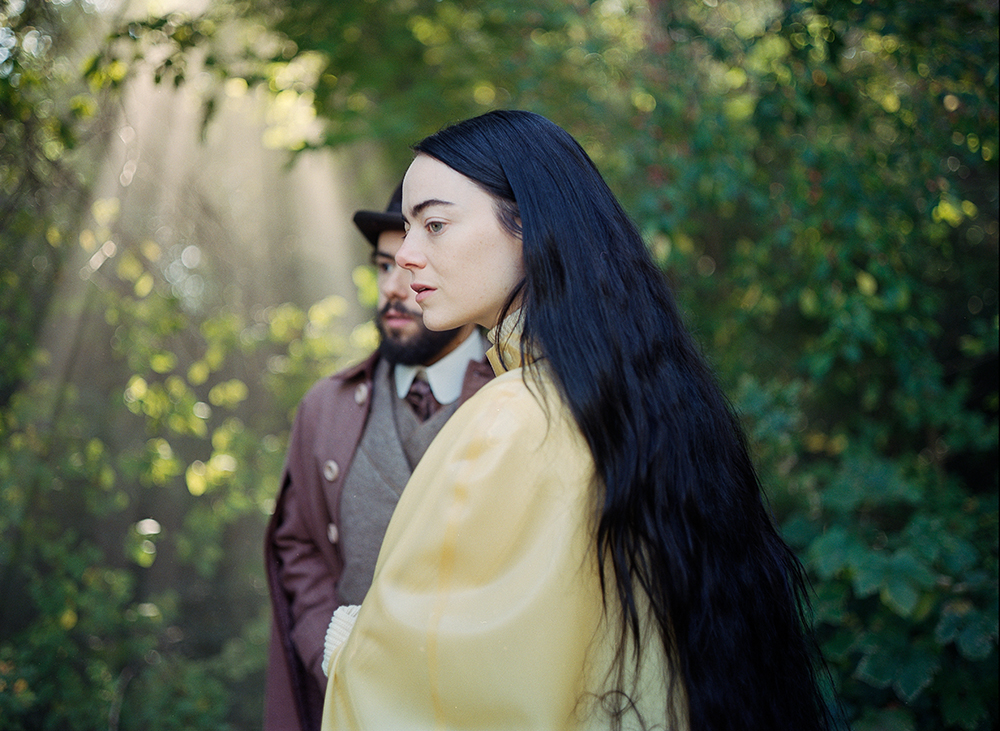
Winner of the Golden Lion (Best Film) at Venice, Yorgos Lanthimos’ Frankenstein-ian fable stars Emma Stone as Bella Baxter, who’s brought back to life after an attempted suicide by the deranged Doctor Baxter (Willem Dafoe). The loaded cast also includes Mark Ruffalo and Ramy Youssef, among others, who are all deviously angling to make a mark on the all-too-impressionable Bella. Stone’s big swing is already vaulting her to the top of a stacked list of ‘Best Actress’ contenders, while the indispensable Dafoe and Ruffalo could be each other’s stiffest competition in the ‘Best Supporting Actor’ category.
Follow The Movie Buff through the New York Film Festival as it enters its 61st year for reviews, commentary, articles, and more.

